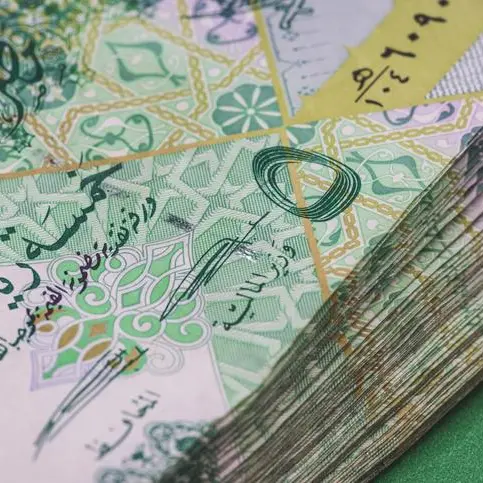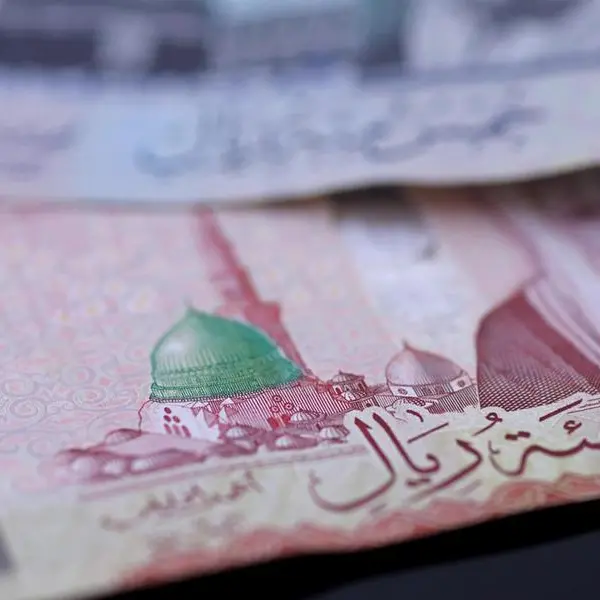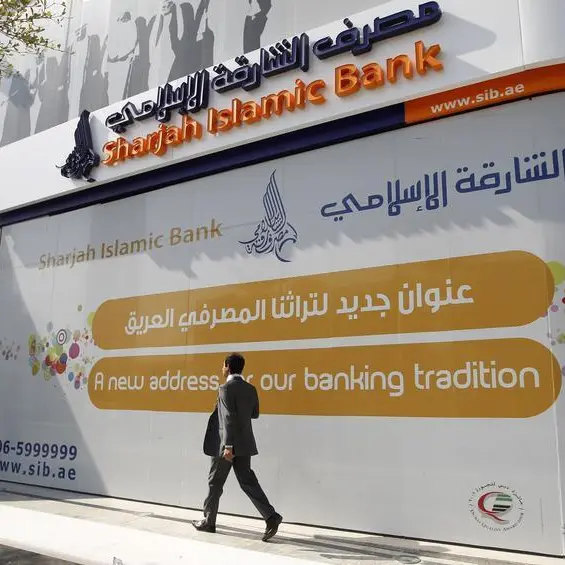PHOTO
The $3 trillion Islamic finance industry is expected to expand by around 10% per year in 2023-2024, similar to 2022, S&P Global Ratings said in a new report.
Countries in the Gulf Cooperation Council (GCC), mainly Saudi Arabia and Kuwait are primarily fuelling this performance, although the growth was either muted or held back by local currency depreciation.
“While we generally expect sukuk issuance volume to diminish in 2023, we still believe that new issuances will exceed maturing sukuk, resulting in another positive contribution of the sukuk market to the industry’s growth in 2023,” Dr. Mohamed Damak, Senior Director & Global Head of Islamic Finance wrote in the “Islamic Finance Outlook 2024” edition.
The Islamic funds and takaful sectors are also likely to continue to expand, he added.
The two main interrelated challenges for the Islamic finance sector are the high complexity of structures and transactions and the resulting significant concentration of the industry’s assets. More than 90% of the industry’s asset growth last year was driven by only two countries: Saudi Arabia and Kuwait. Similarly, Malaysia and GCC countries account for a large portion of the sukuk market.
However, S&P predicts two main opportunities to unlock future growth: streamlining products and processes to make them more appealing to new issuers and the intersection between Islamic and sustainable finance.
“Many Islamic finance countries are pursuing strategies to help them transition to greener economies. We believe this indicates growth potential for green sukuk issuance and expect greater activity in this space as issuers tap global investor interest,” the ratings agency stated.
On the other hand, issuance of foreign currency-denominated sukuk rose about 9% in the first half of 2023, thanks to Saudi Arabia and a few new issuers.
“We anticipate further issuance this year since some Gulf issuers are already prepared, just waiting for the best launch window,” Damak said.
S&P forecasts global issuance will total $160-$170 billion this year, which will beat its initial estimate of $150 billion but still miss the 2022 figure as local currency sukuk issuance declines.
(Editing by Seban Scaria seban.scaira@lseg.com)





















